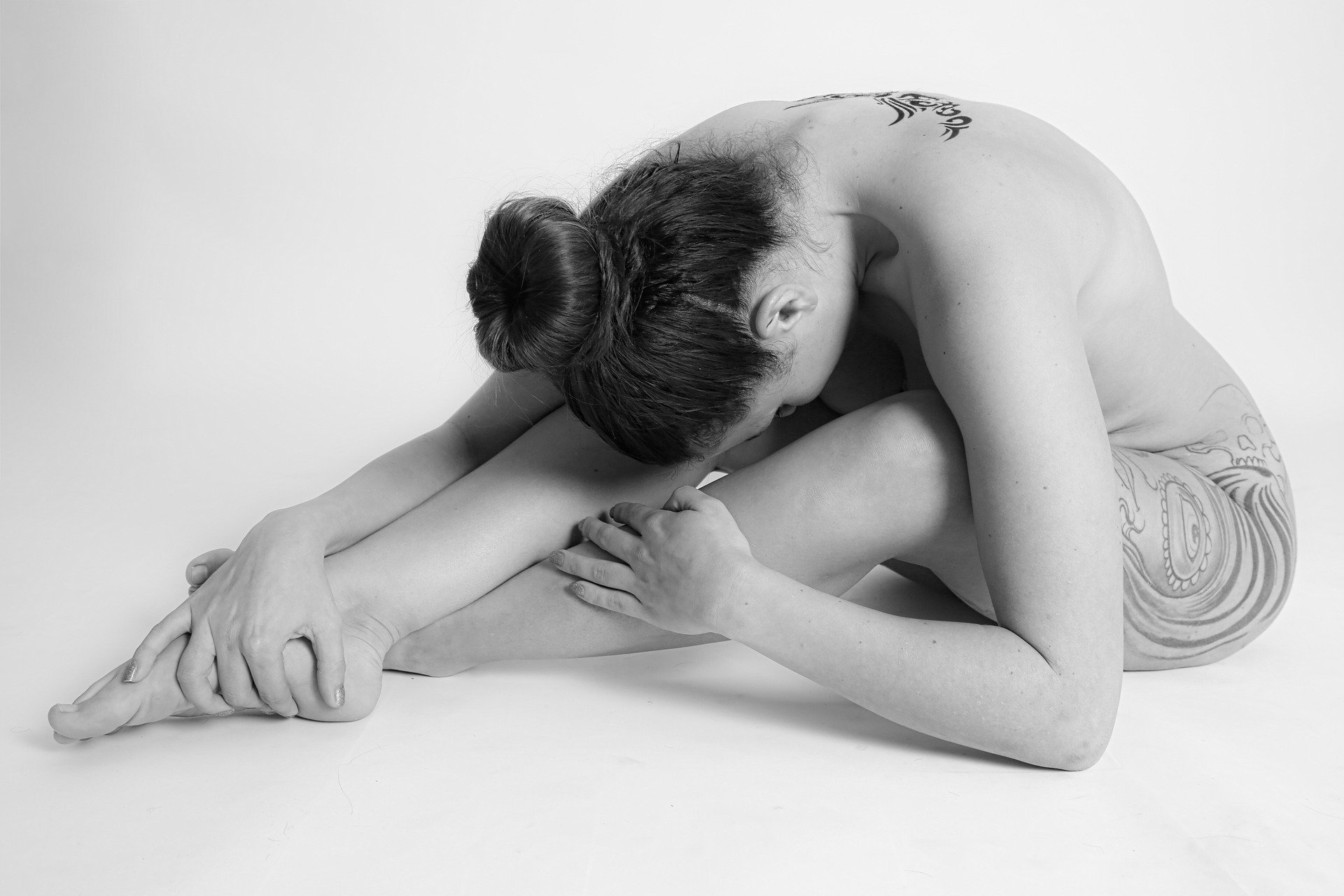Tattooing involves breaking the skin and injecting ink into the dermis layer, so it is essential to take proper precautions to ensure the safety and hygiene of the tattoo process. This includes choosing a reputable tattoo artist and studio, following aftercare instructions, and being aware of the potential risks and complications of tattooing.
Here are some things to weigh before getting a tattoo:
- Choose a reputable tattoo artist: It’s essential to research and choose a tattoo artist who follows proper hygiene practices and uses sterilized equipment. Look for an artist with a clean and organized workspace, and ask about their sterilization process.
- Discuss any health conditions with your tattoo artist: If you have any health conditions, such as diabetes or a compromised immune system, it’s essential to let your tattoo artist know. They may need extra precautions to ensure your safety during the tattooing process.
- Be aware of the risks of infection: While rare, it is possible to develop a disease after getting a tattoo. To reduce the risk of illness, following the aftercare instructions provided by your tattoo artist, including keeping the tattoo clean and moisturized, is essential.
- Consider your tattoo’s placement: Certain body areas are more prone to infection or complications, such as the feet and hands. It’s essential to consider your tattoo’s placement and whether it may cause discomfort or difficulty with daily activities.
- Use caution with at-home tattooing: DIY tattooing can be dangerous, as ensuring proper hygiene and sterilization is challenging. It’s best to leave tattooing to professionals.
Other factors to be considered when getting a tattoo:

- Design: Choose a plan that has personal significance to you, and ensure you understand its symbolism and meaning.
- Health and safety: Make sure the tattoo studio is clean and follows proper sterilization procedures to reduce the risk of infection.
How to Look After Your New Tattoo: 7 Tips for Perfect Healing
It is essential to follow the aftercare instructions provided by your tattoo artist to help your tattoo heal properly and to avoid infection. Here are some general guidelines for tattoo aftercare:
- Keep the tattoo bandaged: Keep the tattoo covered with a sterile bandage for at least the first few hours after getting the tattoo.
- Wash the tattoo: Gently wash the tattoo with warm water and a mild, fragrance-free soap. Use your fingertips to gently lather the soap and rinse the tattoo thoroughly with water. Pat the tattoo dry with a hygienic towel.
- Apply a thin layer of ointment: After washing the tattoo, apply a thin layer of a fragrance-free, water-based balm, such as Aquaphor, to the tattoo. Do not use petroleum jelly or other oil-based products, as these can trap bacteria and cause infection.
- Keep the tattoo moisturized: It is essential to keep it moisturized to prevent it from drying out and scabbing. Apply a thin coating of ointment to the tattoo 3-4 times daily for the first 3-4 days. After that, switch to a fragrance-free lotion to keep the tattoo moisturized.
- Avoid picking at the tattoo: It is normal for a tattoo to scab and peel as it heals. Avoid picking at the scabs or peeling the skin, as this can cause the tattoo to fade or become distorted.
- Avoid soaking the tattoo: Avoid drinking the tattoo in water for the first few weeks after getting the tattoo. This includes swimming, hot tubs, and baths.
- Protect the tattoo from the sun: The tattooed skin will be more exposed to the sun for the first few weeks after getting the tattoo. Wear sunscreen with a high SPF to protect the tattoo from the sun’s harmful rays.
Following these guidelines ensures that your tattoo heals properly and looks its best.
Remember that a tattoo is a permanent decision, so think carefully before getting one. A tattoo is a permanent mark on your body that cannot be easily removed, so it is vital to be sure that you want the tattoo and that you are happy with the design and placement of the tattoo. Getting a tattoo is a personal decision, and taking the time to carefully consider all the factors involved before committing is vital.
The Reality of Tattoos: Everything You Need to Know About the Potential Consequences
Consider how a tattoo may affect your employment or other aspects of your life, as some employers or organizations may have policies against visible tattoos. The impact of a tattoo on a career can vary depending on the employer and the type of job you seek. Some employers may have specific policies regarding tattoos. In contrast, others may not have formal policies but may still have prejudices or preferences that could affect your hiring chances.
In general, visible tattoos may be more likely to cause problems for job seekers, especially if the tattoo is controversial, offensive, or not in line with the company’s image. However, tattoos that can be easily covered up, such as those on the back or lower arms, may be less likely to be an issue.
It’s important to remember that employers are not allowed to discriminate against job candidates based on their tattoos or other physical characteristics unless the tattoo would directly threaten the health or safety of the employee or others.
In conclusion, it’s essential to research and take proper precautions when getting a tattoo to minimize the risk of infection and other health complications. You can enjoy your tattoo safely by choosing a reputable artist and following proper aftercare instructions.